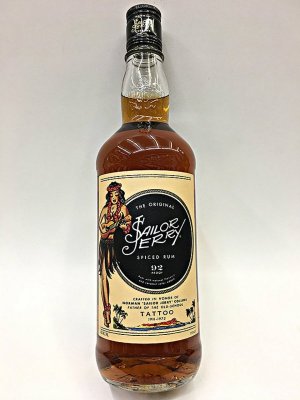hollydolly
SF VIP
- Location
- London England
Aspartame — which entered the market in the 1980s — is also added to Mars' Extra chewing gum and some Snapple drinks.
The move will occur next month following a review by the International Agency for Research on Cancer (IARC), the WHO's cancer research arm, sources told Reuters.
The IARC ruling is intended to assess whether something is a potential hazard or not, based on all the published evidence.
It does not take into account how much of a product a person can safely consume.
Since 1981, the JECFA has said aspartame is safe to consume within accepted daily limits.
For example, an adult weighing 60kg (132lbs) would have to drink between 12 and 36 cans of diet soda — depending on the amount of aspartame in the beverage — every day to be at risk.
Its view has been widely shared by national regulators, including in the US and Europe.
'IARC is not a food safety body and their review of aspartame is not scientifically comprehensive and is based heavily on widely discredited research,' Frances Hunt-Wood, the secretary general of the International Sweeteners Association (ISA), said.
The body, whose members include Mars Wrigley, a Coca-Cola unit and Cargill, said it had 'serious concerns with the IARC review, which may mislead consumers'.
The International Council of Beverages Associations, a body that includes Coca-Cola in its members, executive director Kate Loatman said the leak was concerning.
'Public health authorities should be deeply concerned that this leaked opinion contradicts decades of high-quality scientific evidence and could needlessly mislead consumers into consuming more sugar rather than choosing safe no- and low-sugar options - all on the basis of low-quality studies.
https://www.dailymail.co.uk/health/...me-sweetener-possible-carcinogen-sources.html
The move will occur next month following a review by the International Agency for Research on Cancer (IARC), the WHO's cancer research arm, sources told Reuters.
The IARC ruling is intended to assess whether something is a potential hazard or not, based on all the published evidence.
It does not take into account how much of a product a person can safely consume.
Since 1981, the JECFA has said aspartame is safe to consume within accepted daily limits.
For example, an adult weighing 60kg (132lbs) would have to drink between 12 and 36 cans of diet soda — depending on the amount of aspartame in the beverage — every day to be at risk.
Its view has been widely shared by national regulators, including in the US and Europe.
'IARC is not a food safety body and their review of aspartame is not scientifically comprehensive and is based heavily on widely discredited research,' Frances Hunt-Wood, the secretary general of the International Sweeteners Association (ISA), said.
The body, whose members include Mars Wrigley, a Coca-Cola unit and Cargill, said it had 'serious concerns with the IARC review, which may mislead consumers'.
The International Council of Beverages Associations, a body that includes Coca-Cola in its members, executive director Kate Loatman said the leak was concerning.
'Public health authorities should be deeply concerned that this leaked opinion contradicts decades of high-quality scientific evidence and could needlessly mislead consumers into consuming more sugar rather than choosing safe no- and low-sugar options - all on the basis of low-quality studies.
https://www.dailymail.co.uk/health/...me-sweetener-possible-carcinogen-sources.html



